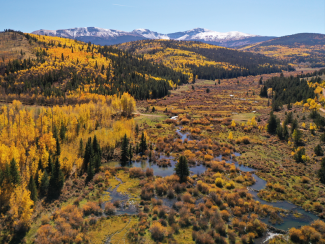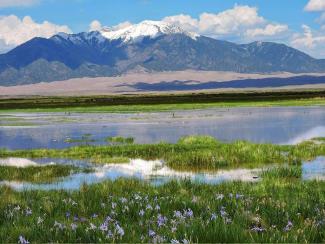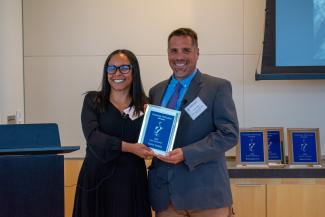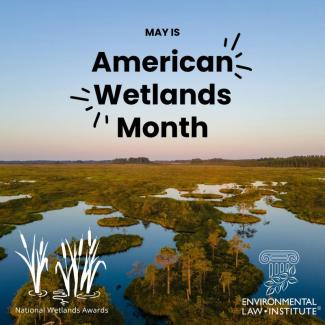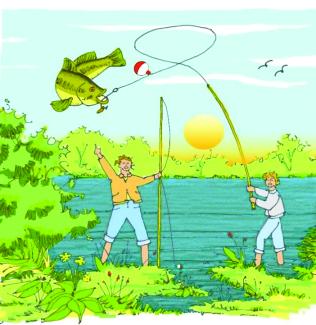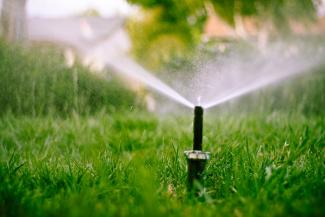Chesapeake Bay: A New Approach for Restoration
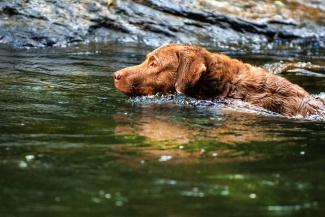
The Chesapeake Bay is the largest estuary in the United States. More than 150 major rivers and streams flow into the Bay's 64,299-square-mile drainage basin, which covers parts of six states (Delaware, the District of Columbia, Maryland, New York, Pennsylvania, Virginia, and West Virginia) and all of Washington, D.C. (the Bay jurisdictions). With its diverse flora and fauna, the Chesapeake Bay is a very important feature for the ecology and economy of these regions.
